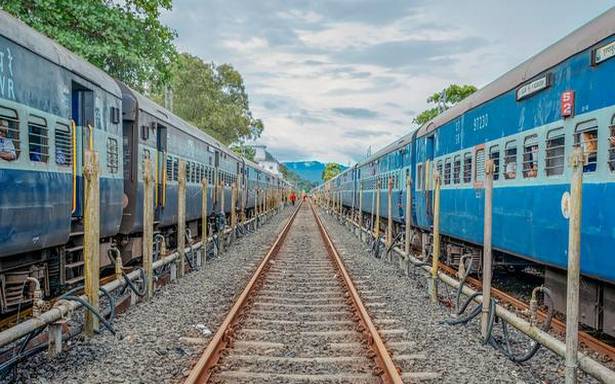The story so far: Indian Railways has launched the process of opening up train operations to private entities on 109 origin destination(OD) pairs of routes using 151 modern trains. It has invited Request for Qualifications proposals, for scrutiny of vendor capabilities, from those who can bring modern trains for operations on existing rail infrastructure. At present, scheduled passenger train services remain paralysed during the COVID-19 pandemic, and various railways have been running only specials such as those for workers. Yet, the Railway Board has moved ahead with a long-pending plan, setting a tentative schedule for private train operations, expected to begin in 2023 and in 12 clusters. In December 2019, Union Railway Minister Piyush Goyal had said that a Group of Secretaries had gone into the question of allowing private train services. There was no proposal to allow more Tejas trains from Indian Railway Catering and Tourism Corporation Limited (IRCTC), the Minister said. The IRCTC, in which the government is the majority shareholder, was given pilot Tejas operations in the New Delhi-Lucknow, and Mumbai-Ahmedabad sectors. These were the first trains allowed to be run by a ‘non-Railway’ operator. The present move takes another step towards competing passenger train operations, bringing new-generation trains and attracting investments of an estimated ₹30,000 crore.
What is the background to the decision?
Several committees have gone into the expansion and the modernisation of Indian Railways. In 2015, the expert panel chaired by Bibek Debroy constituted by the Ministry of Railways a year earlier, recommended that the way forward for the railways was “liberalisation and not privatisation” in order to allow entry of ne

